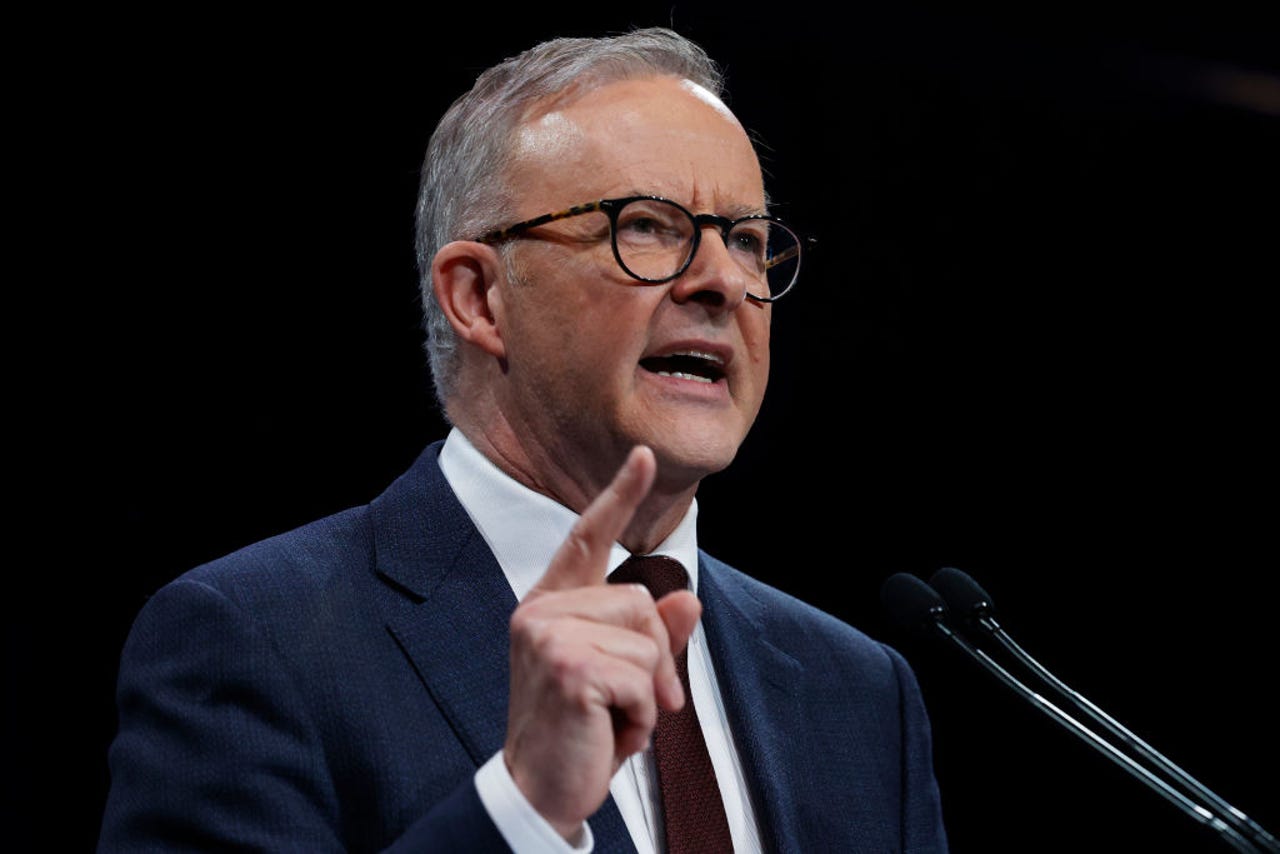































 Image: Lisa Maree Williams/Stringer/Getty Images
Image: Lisa Maree Williams/Stringer/Getty Images With Australians headed to the polls on Saturday, the Labor party has made another election promise to win over voters. This time it has targeted the advanced manufacturing sector with a AU$1 billion pledge.
Under the AU$1 billion investment, Labor said it will build new capabilities in transport, defence, resources, agriculture and food processing, medical science, renewables and low emissions technologies manufacturing.
At the same time, businesses will be given access to capital to diversify operations, industrial processes, and use of research and development to lift their technological capabilities.
Labor added its plan will also involve consulting with local communities, businesses, unions, regional development authorities, states and local governments to identify projects that support innovation and grow advanced manufacturing jobs.
"Australia ranks 15th in the world for innovation inputs. But on innovation outputs we rank 33rd. Labor's plan to invest in advanced manufacturing will aim to close this gap and capitalise on the ingenuity for which Australia is known," the party said in a statement.
"The Advanced Manufacturing Fund is part of Labor's commitment to ensuring we build on our national strengths and diversify Australia's industrial base in key areas."
Earlier this year, the Senate Economics References Committee released a report on its inquiry into Australia's manufacturing industry, outlining it sees clear opportunities for government to provide additional R&D and commercialisation support for Australia's manufacturing industry, as well as provisions that can help address the industry's skills shortage.
The committee said in the report [PDF] that while Australia's R&D performance has "some bright spots", there is still insufficient support and emphasis when it comes to a national approach to R&D, commercialisation, and investment.
"It is clear from the evidence that collaboration needs to be improved both domestically and with international partners to develop the innovation and scale necessary for Australia to realise the benefits from its R&D activities," the committee stated.
"These connections need to be built between federal and state governments, higher education institutions, research organisations, manufacturing businesses and organisations, investors, and skills and training organisations. This includes encouraging international collaboration, advanced manufacturing R&D, commercialisation, investment, and support for manufacturing modernisation to improve international competitiveness."
Prior to that, Prime Minister Scott Morrison announced AU$2 billion worth of initiatives focused on commercialising research with a specific emphasis on "six manufacturing priority areas", including resources and critical minerals, food and beverage, medical products, recycling and clean energy, defence and space.
 Tags chauds:
Innovation et Innovation
Tags chauds:
Innovation et Innovation